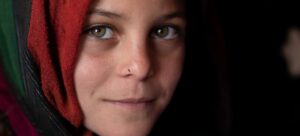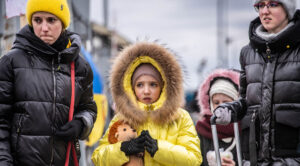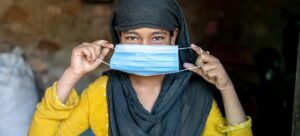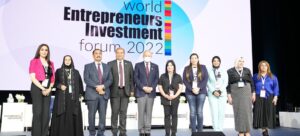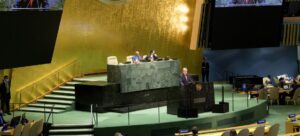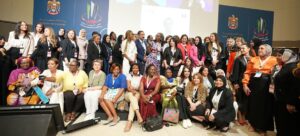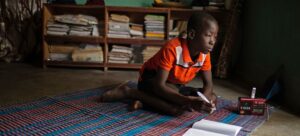Despite persistent humanitarian needs sparked by years of conflict and recurring drought, the current situation in Afghanistan is unparalleled, with more than 24.4 million people requiring humanitarian assistance to survive, according to the UN Office for the Coordination of Humanitarian Affairs (OCHA).
Food security levels have plunged at an alarming rate, leaving half the population facing acute hunger, including nine million in a state of emergency food insecurity – the highest number in the world.
Moreover, malnutrition is on the rise, and livelihoods have been destroyed.
Appealing for help
To help mitigate the situation, the Secretary-General António Guterres is on Thursday, launching online a High-level Pledging Event, Supporting the Humanitarian Response in Afghanistan – co-hosted by the United Kingdom, Germany and Qatar.
Last year, as the country faced profound turmoil and international isolation, donors showed remarkable generosity for Afghans.
A $1.8 billion disbursement to aid groups was able to assist 20 million people with life-saving food, clean water, healthcare, shelter and education.
International donors are asked to keep the funds flowing and growing again this year.
The UN-coordinated relief operation – the largest but not the only one in Afghanistan – is appealing for $4.4 billion, three times the amount requested in 2021.
“We have the power to stop the downward humanitarian spiral in Afghanistan and it is our moral duty to use this power by pledging generous, flexible and unconditional funding today,” said UN humanitarian chief Martin Griffiths.
Making a difference
As fund-raising has so far secured only 13 per cent of the requirements of the 2022 Humanitarian Response Plan, pledges of support – which will continue for the remainder of the year – are urgently needed to ramp up deliveries.
In the first eight weeks of 2022, humanitarian partners reached 12.7 million people with life-saving assistance, prioritizing women, girls and minority groups.
Deliveries have included nutritious food for hundreds of thousands of malnourished children and pregnant and breastfeeding women; healthy meals for schoolchildren; seeds and tools for farmers; and trauma treatment and reproductive healthcare.
Participants are encouraged to pledge generously to send out a strong signal of solidarity that the world stands with the Afghan people.
Negotiating ‘fault lines’
Before the conference, the head of the UN Development Programme (UNDP), Achim Steiner, made a two-day trip to the country, where he underscored the importance of girls’ and women’s rights in Afghanistan.
Recent decisions barring girls from secondary school from Grade 6 onwards is of great concern, he said, upholding that UNDP is committed to working with UN agencies to defend and promote their access to education and work.
“UNDP’s partnerships are often multidimensional, and sometimes we are faced with challenges that, like girls’ education in Afghanistan, can become fault lines,” he said.
“Both boys and girls must be allowed in the classrooms because the future of Afghanistan must be for all Afghans, not just a selected few”.
Soaring poverty
The UNDP chief likewise flagged the urgent need for action to prevent rocketing poverty and economic instability.
“We reported late last year that an estimated 97 per cent of Afghans could be living in poverty by mid-2022, and regrettably, that number is being reached faster than anticipated,” he said.
“And with commodities pricing skyrocketing globally, we know that people here cannot afford to meet their basic human needs like food, healthcare, and education”.
Support women business owners
In Mazar-e-Sharif, Mr. Steiner met with women business owners and members of the Chamber of Commerce who spoke of their struggles to keep businesses afloat.
“The women small business owners I spoke with are tenacious in their determination to continue to earn an income and provide for their families and communities against all odds,” he Mr Steiner, pushing the international community to help prevent further economic hardships for them.
“This year alone, we aim to support more than 50,000 small and medium enterprises, many of which are led by women.”
Swimming in debt
Following the Taliban takeover last August, Afghanistan is facing a potentially non-reversable economic collapse, a frozen banking system and a liquidity shortage that may leave some 80 per cent of people in debt.
“We must get the economy back up and running from the ground up, and that means support to individuals, their families and their businesses,” said the UNDP chief, advocating for generosity at the pledging conference.
“While the world’s attention is turned to Ukraine and the ripple effect from that war, we must also stand in solidarity with the Afghan people”.
